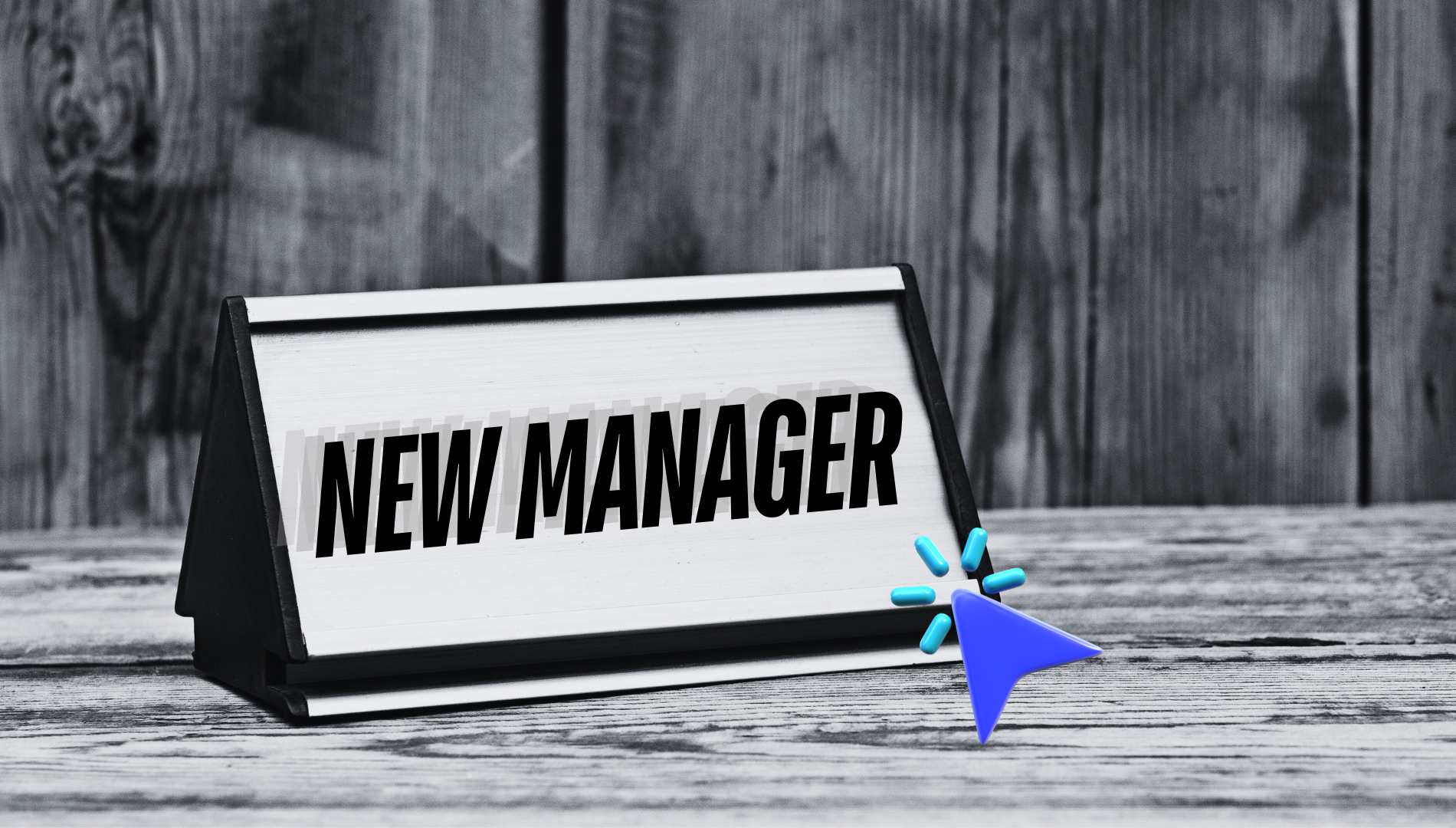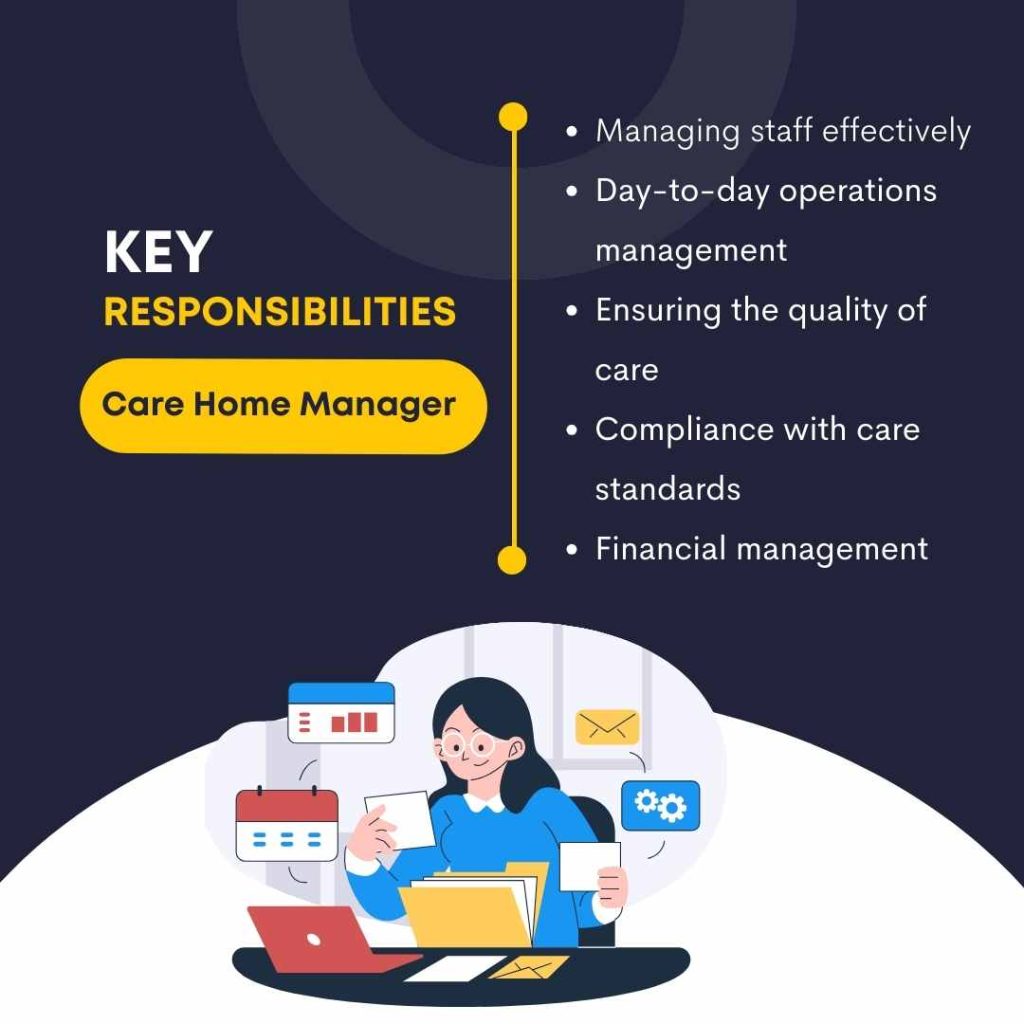I remember getting my first role as a manager of a care home, it was both exciting and daunting all at the same time. We are seeing more and more younger managers coming into the sector, but many older ones resigning and leaving and I worry about a knowledge gap between those who have been there and worn the t-shirt and those starting out in their careers as new managers in care homes. With the right guidance and support, being a care home manager can be one of the best roles in the sector, with the ability to make a difference not only to those you support, but also to your team.
Here are my top 10 things you need to consider.
1.Regulatory Knowledge and Compliance
The first thing you need to be confident with, is knowing the regulatory framework, legislation and laws that could affect your role and the sector. Understanding these will give you a good benchmark of good quality, help you understand your role and the responsibilities of a manager within a regulated service and ensure your service is compliant.
2.Learn the company
Alongside getting to know the regulatory framework and legalities of being a manager, you also need to learn the company you are working for, their values, the vision and how they operate so that you can lead the team as needed. One way of learning the company would be to meet the team and understand what they like about working for the company, what they would like to see change/improve and to ensure they feel supported (remember, change in management for all of us can be daunting)
3.Build Relationships
Building on from the above, it is important to foster positive relationships, not only with the staff team but also those who are using the care service and their representatives/family. Ensure you spend time getting to know people, holding meetings and ensuring everyone is aware of any changes that may be taking place. Be sure to seek feedback and act on this to improve outcomes for people who use your service and your staff (and evidence it for your CQC inspection)
4.Address shortcomings
You may be taking over an outstanding service from a manager who is highly capable, but often this is not the case and there will be areas within your service that need addressing urgently or put on a list to do. Here are some steps I would take:
- Start with a comprehensive audit of the care home’s current operations. This includes reviewing care plans, staff schedules, maintenance records, and compliance documents.
- Engage with staff members, relatives etc to get their perspectives on what is working well and what isn’t
- Based on your assessment, prioritise the issues that need immediate attention, such as those affecting health and safety, regulatory non-compliance, staff shortages etc.
- Define clear, achievable objectives for each identified issue
- Develop an action plan and delegate tasks to appropriate team members
- Communicate
- Monitor and evaluate progress
Be sure to highlight to your directors/owners.
5.Communication
It is extremely likely that you will want to put your stamp on the service, make changes and this is okay. It is important that you maintain open lines of communication with all involved (staff, residents, families, stakeholders etc) so that they are aware of what is happening, prevent rumours and prevent people becoming worried and/or anxious. Be sure to check-in and seek feedback to address concerns or questions that people may have.
6.Prioritise Self-Care
One of the biggest things I would recommend to any manager, both new into the sector or into a manager role is to put steps into place to prioritise self-care. Social care can be demanding, and as a manager, you will be wearing numerous hats, covering shifts and have overall responsibility for the service and with this you can easily end up working very long hours and you need to learn to say no, make time to do things with family/friends and build a good work-life balance.
7.Learn the art of Delegation
One way you can ensure you can prioritise self-care is through the art of delegating tasks effectively as this will allow you to concentrate on other tasks, avoid burnout and ensure that all tasks and responsibilities can be met.
8.Build your team
It is likely you will find team members who excel and are great at their job and be sure to nurture and develop them. Many care providers struggle due to increasing wages but flat rates of income, but you need to be the advocate for investing in staff training and develop (this will help with improving the level of care and retention levels) Unfortunately, on the flip side, you will also have staff who are underperforming and you will need to ensure you get support from human resources to proactively manage this. From experience, not managing this will lead to a negative culture, so be sure not to let things slide and/or not address them head on. You may find that the team you are taking over is not united, and you will want to consider if there are team-building activities or something similar to help foster teamwork.
9.Utilise technology
I compare the role of a Registered Manager today compared to when I first became one and the two are so different. Sure, there are the same old things you have to manage and do day to day, but the technology to improve outcomes for people you support and the data available to make informed decisions makes the role much safer and more responsive and I would highly recommend utilising them. The tools I would ensure you have within your service are:
- Digital Care Records (including risk assessments)
- Electronic rostering – if you do not use this yet, shop around and remember there are systems that are designed for logistics.
- Communication tool such as Slack, Blink etc.
- Electronic auditing system.
- Make sure you have policies and agreements in place first.
- Acoustic monitoring / Care tech systems.
Digital solutions such as Audit On Cloud by InvictIQ can support with electronic auditing and feedback management. Their AI powered Action Planning not only automates the process but also identifies gaps and areas of improvement in the specific Key Question or Quality Statements. The Survey/Feedback module within the platform enables users to conduct surveys seamlessly while leveraging AI-powered sentiment analysis. Additionally, automated reviews and key insights accompany each survey, enhancing the overall feedback management process.
10.Networking and Events
Management can be a lonely place, so be sure to network and build your connections, as this will help form a support network and place to share ideas, stay up to date with latest best practices and prevent you from feeling like you are the only one going through something alone. Attending trade events such as the Care Managers Show, UK Care Week, Care Show etc are great for connecting with suppliers, people working in the sector and upskilling knowledge. Resources like The Caring View are a great way to stay up to date with social care news, access free resources and stay informed.
I have a number of WhatsApp and Facebook groups I can recommend and if you are interested in joining these please do reach out to me.
“Every good leader is part manager and every good manager is part leader.”
Condoleezza Rice



